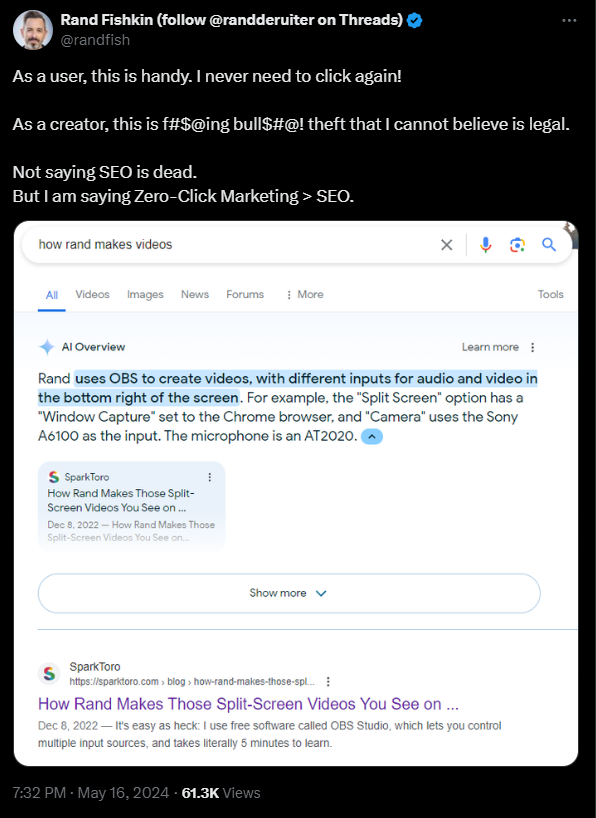EU threatens Microsoft with billion-dollar fine over generative AI misinformation in Bing

The EU Commission is pressing Microsoft to submit internal documents on the risks of generative AI in Bing, such as false information and deepfakes, or face a fine of up to one percent of its total annual revenue. The case should also scare Google.
Adding generative AI to Bing Copilot hasn't helped Microsoft gain ground in the search market. But it has led to bizarre situations and misinformation for users, including around elections, according to an investigation by AlgorithmWatch.
The EU sees the risk of "hallucinations", deepfakes and automated manipulation of services that could mislead voters, the Commission says.
As a "very large online search engine", Bing must fully comply with the Digital Services Act (DSA). The Commission considers the alleged DSA breaches could pose risks to political discourse and elections.
Commission makes legally binding request to Microsoft
Following an initial request on March 14 regarding the risks posed by Bing's generative AI capabilities and the image generator, Microsoft has until May 27 to provide the requested information.
The Commission is asking Microsoft for internal documents and data not previously provided to assess Bing's risk mitigation measures, as required by the DSA. Generative AI is a risk identified by the Commission for the upcoming European Parliament elections in June.
If Microsoft fails to comply within the specified period, the Commission may impose fines of up to 1% of the provider's total annual turnover or worldwide turnover and periodic penalty payments of up to 5% of the provider's average daily turnover or worldwide annual turnover.
Under the DSA, the EU can also impose fines of up to 1% of total annual turnover for the mere dissemination of false, incomplete or misleading information. For Microsoft, with annual revenues of more than $200 billion, this would mean a fine of several billion dollars.
AlgorithmWatch urges a quick solution
According to Clara Helming, Senior Policy and Advocacy Manager at AlgorithmWatch, Copilot has named false candidates, misrepresented poll results, and invented scandals about politicians in the context of election research. The error rate has remained constant for several weeks.
"Copilot has named fake candidates, misrepresented poll results, and invented scandals about politicians in election research," says Helming. "We have informed Microsoft, but have seen no improvement. With European and German state elections coming up, we need to act quickly.
The case should be a warning shot - to Microsoft, but also to Google, which offers an alternative to Bing and ChatGPT with the Gemini chatbot and, above all, the aggressive integration of generative AI into Google Search (Search Generative Experience, SGE).
The Commission has not yet issued any specific warnings to Google. SGE is currently being rolled out increasingly in the US, but also in many other countries outside the EU.
Authorities are likely to scrutinize the new chatbot searches from a competition law perspective soon, and there are many reasons to do so. Microsoft has misused Bing's suggestive power for unlabeled ads, and Bing, SGE and Perplexity use unauthorized website content to answer questions directly, undermining website owners.

OpenAI, Google, and reportedly Apple are influencing the future media landscape through murky backroom deals with select publishers.
AI News Without the Hype – Curated by Humans
As a THE DECODER subscriber, you get ad-free reading, our weekly AI newsletter, the exclusive "AI Radar" Frontier Report 6× per year, access to comments, and our complete archive.
Subscribe nowAI news without the hype
Curated by humans.
- Over 20 percent launch discount.
- Read without distractions – no Google ads.
- Access to comments and community discussions.
- Weekly AI newsletter.
- 6 times a year: “AI Radar” – deep dives on key AI topics.
- Up to 25 % off on KI Pro online events.
- Access to our full ten-year archive.
- Get the latest AI news from The Decoder.